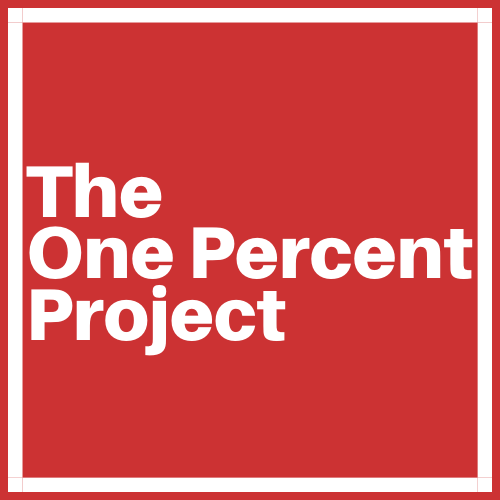2022 Books & Podcasts Recommendations
In 2022, I read and listened to 13 books and numerous podcast shows across disciplines. My objective of the year was to become a better storyteller- long way to go.
Below are my top picks:
Books:
Richer, Wiser, Happier by William Green (Investing): This book is a fabulous read into the minds of the world's top one per cent value investors. Mohnish Pabrai, the man who cloned Warren Buffet, suggested the book, and I couldn't put it down. The book not only introduced me to unique investors such as Laura Geritz, but also assured me that there is no secret sauce in making sound investments. It is about sound decision-making based on knowledge, experience and analysis.
"Learning to play poker or learning to play bridge, anything that teaches you to play the probabilities… would be better than all the books on the stock market."- Peter Lynch
My conversation with Sandeep Jethwani on building wealth was largely based on the book’s insights.
Quit By Annie Duke (Decision Making): If decision-making fascinates you, this is the book to read. Her other books: Thinking in Bets, And How to Decide, are even better. Annie was a professional poker player. She has won over US 4M in prize money. Before her poker career, Annie was awarded a National Science Foundation Fellowship to study Cognitive Psychology at the University of Pennsylvania.
"When people quit on time, it will usually feel like they are quitting too early, because it will be long before they experience the choice as a close call." - Annie Duke
Quitting is hard, especially if you have invested a significant amount of time, money, or both into something that hasn't panned out as you planned.
In the book, she quotes several examples of athletes and entrepreneurs who either quit at the right time and made a great decision or persevered to achieve a suboptimal outcome because they were unable to hit the brakes and call it quits until it was too late.
She deep dives into:
Quitting on Time Usually Feels Like Quitting Too Early
Escalating Commitment
Sunk Cost and the Fear of Waste
Endowment bias and Ikea effect
Identify
Solution: Find a quitting coach. Find someone who loves you but doesn't care about hurting your feelings.
CEO Factory Mind Map
CEO Factory by Sudhir Sitapati (Business): A book of counterintuitive business insights from India’s leading FMCG brand, Hindustan Unilever (HUL). I created the above mind map of all my notes from the book. This is a book for anyone and everyone to read. It has fascinating stories and business lessons on innovation, marketing, sales, operation, Go-to-Market, and HR, from iconic brands such as Lifebuoy, Dove, Brooke Bond, etc.
Podcasts:
Philip the Great: Life of Philip II, father of Alexander the Great.
Howard Marks & Andrew Marks: Something of Value: Howard is a legendary value investor, and Andrew is an equally accomplished early-stage investor, VC. Andrew is Howard's son, and they discuss their investment thesis.
Thomas Zurbuchen: Adventures in Astrophysics: Thomas is the Associate Administrator for the Science Mission Directorate at NASA. Decision-making at NASA.
Other Books:
Stardust by Neil Gaiman by Neil Gaiman (Fiction): Highly recommend.
Building a Second Brain by Tiago Forte: Highly recommend.
How to Change by Katy Milkman: If you have tried to quit smoking or lose weight, but you have found it hard. This a book for you.
The Psychology of Money by Morgan Housel
Podcast Shows:
Acquired: Business Breakdowns
The Knowledge Project: Mental Models
How to take over the world: Leadership
My First Million: Hustle
HBR Ideacast: Business Strategy
Think Fast Talk Smart: Strategic Communication. Show host Matt Abrahams’s conversation with me.

